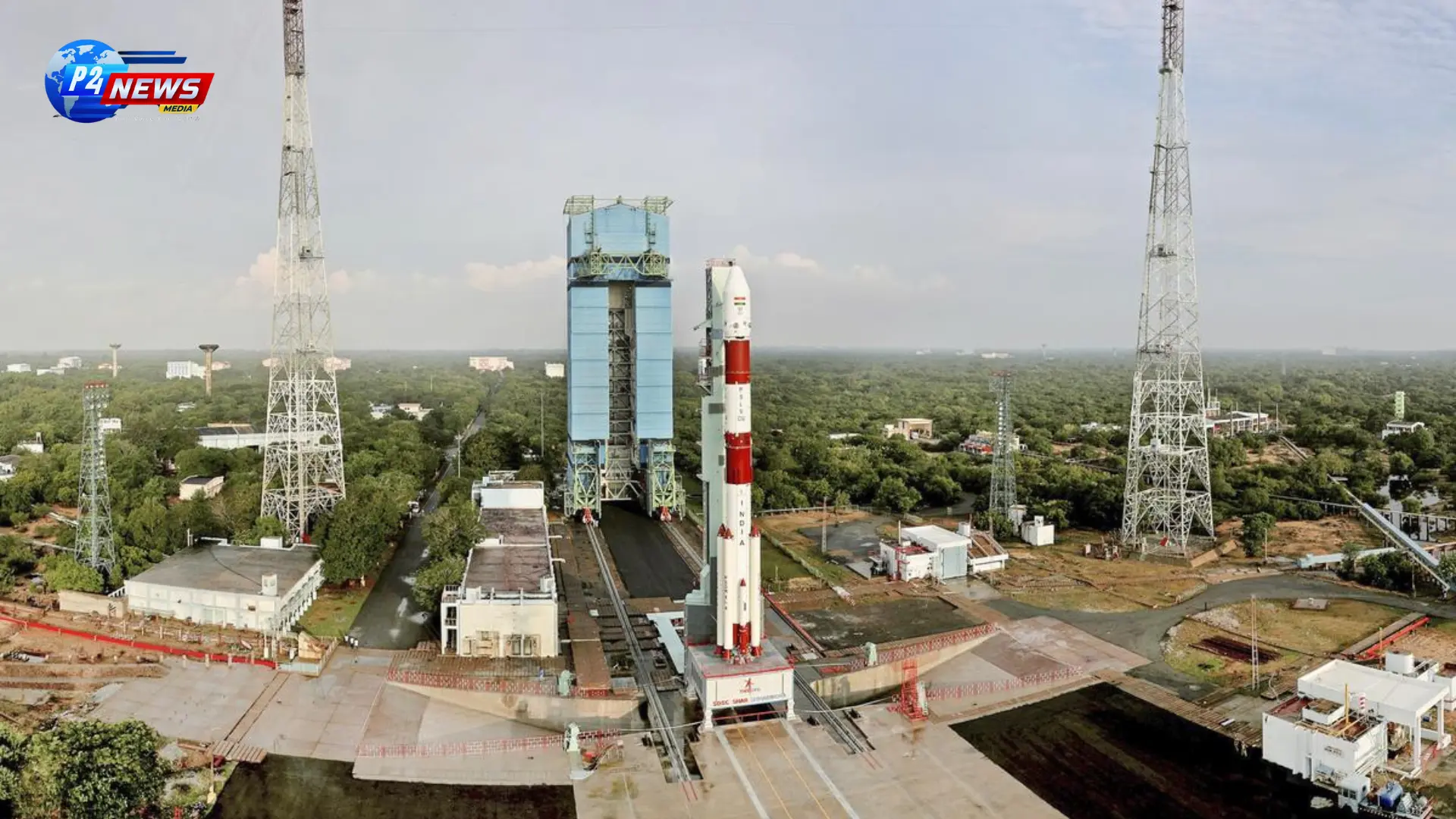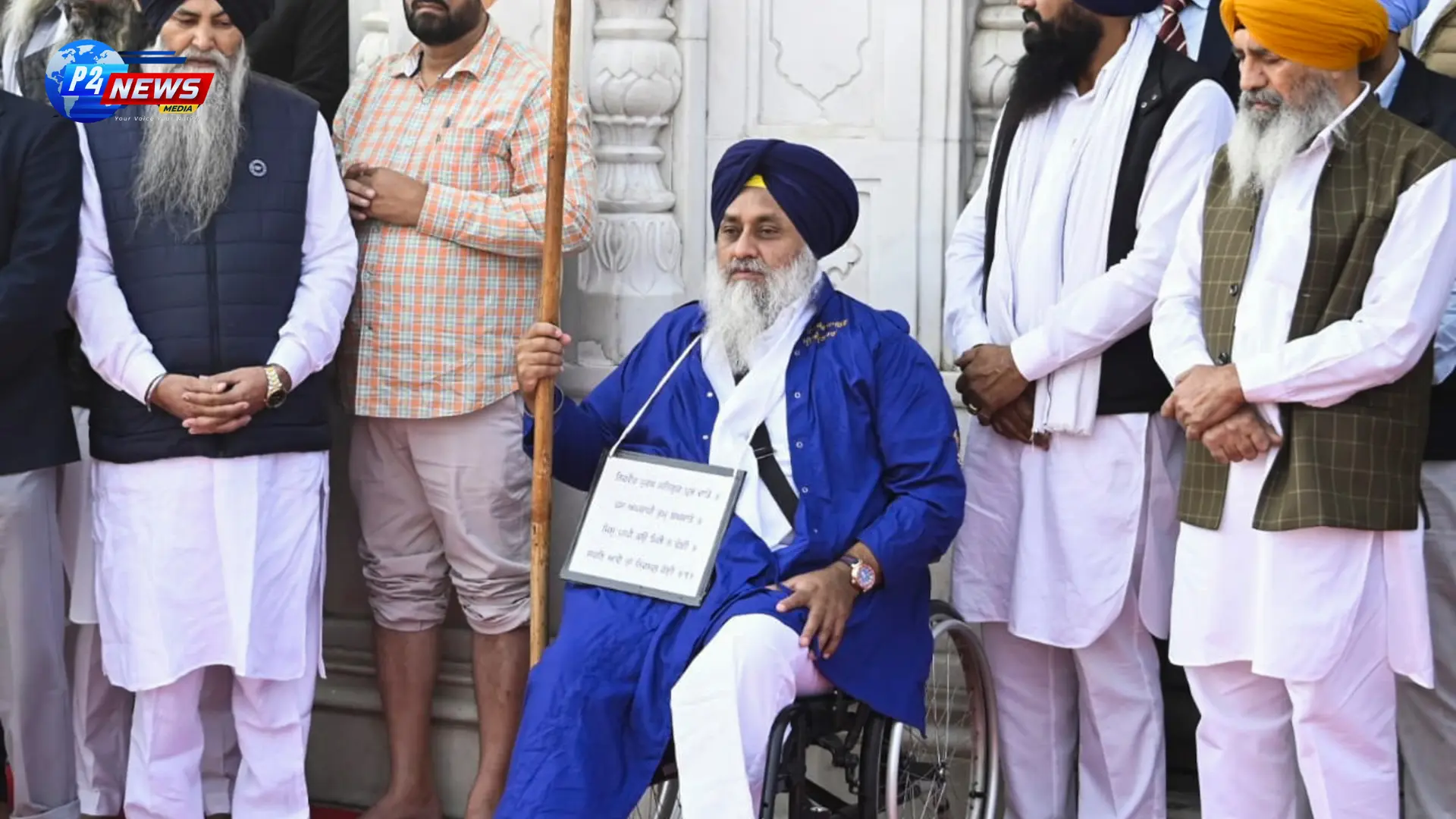The Indian Space Research Organisation (ISRO) has announced the postponement of its Polar Satellite Launch Vehicle (PSLV) mission originally set for today at 4:08 PM. The delay was caused by an anomaly found in the European Space Agency's Proba-3 satellites, which are crucial to this mission. Experts had confirmed earlier that all systems were functioning normally, with favorable weather conditions. The launch is now scheduled for 4:12 PM tomorrow from the Sriharikota launch site. The Proba-3 mission stands out as a demonstration of formation-flying technology and aims to simulate a total solar eclipse during its operation.
The anticipated launch of ISRO's Polar Satellite Launch Vehicle (PSLV) has been rescheduled to tomorrow following an unexpected issue identified in the Proba-3 satellites. Originally planned for liftoff today at 4:08 PM from Sriharikota Island, the mission has been pushed back to 4:12 PM the next day. The countdown was proceeding smoothly until the anomaly was detected just moments prior to launch.
This confirmation of the postponement came from experts stationed at the Satish Dhawan Space Centre, who had earlier indicated that the countdown was on track and weather conditions were ideal for a successful takeoff.
Fortunately, the launch pad at Sriharikota remained unharmed by the cyclone's impact, which made landfall further to the south. While previous launches faced delays due to cyclonic disturbances, today's conditions initially appeared suitable until complications arose.
In this significant 61st flight, the PSLV rocket is tasked with carrying a special duo of satellites for the European Space Agency (ESA). These satellites are engineered to execute an innovative mission that involves precision formation flying to simulate the occurrence of a total solar eclipse in space.
Now set to launch on Thursday at 4:12 PM, the Proba-3 satellites will embark from ISRO's launch facility in Andhra Pradesh. ISRO has clarified that the PSLV rocket is intended to insert the Proba-3 spacecraft into a highly elliptical orbit as part of a dedicated commercial assignment handled by New Space India Limited (NSIL), which is ISRO’s commercial subsidiary.
The Proba-3 mission represents an in-orbit demonstration (IOD) by the ESA, showcasing advanced formation-flying capabilities. The mission consists of two satellites: the Coronagraph Spacecraft (CSC) and the Occulter Spacecraft (OSC), which will be launched together in a stacked configuration.
With a combined weight of 545 kg, these satellites will be propelled into orbit by the PSLV rocket, which stands 44.5 meters tall and weighs 320 tonnes at liftoff. After approximately 18 minutes of ascent, the satellites will be deployed into an orbit situated 600 kilometers above the Earth's surface.
The Proba-3 mission involves using two mini-satellites that will navigate in close formation, precisely controlling their orientation and separation. This innovative satellite configuration allows them to simulate a total solar eclipse while demonstrating leading-edge formation-flying and rendezvous technologies. ISRO emphasizes that Proba-3 marks the first precision formation-flying mission conducted by ESA and globally.
Intriguingly, the satellites will maintain a consistent formation resembling a single rigid entity in space, showcasing the advancements in satellite technology and coordination.
This mission represents the second collaboration between ESA and ISRO in terms of satellite launches, with the first being the Proba-1 mission in 2001, which successfully achieved its objectives long beyond the expected duration of a year, continuing to operate for over twenty years.
















Comments 0